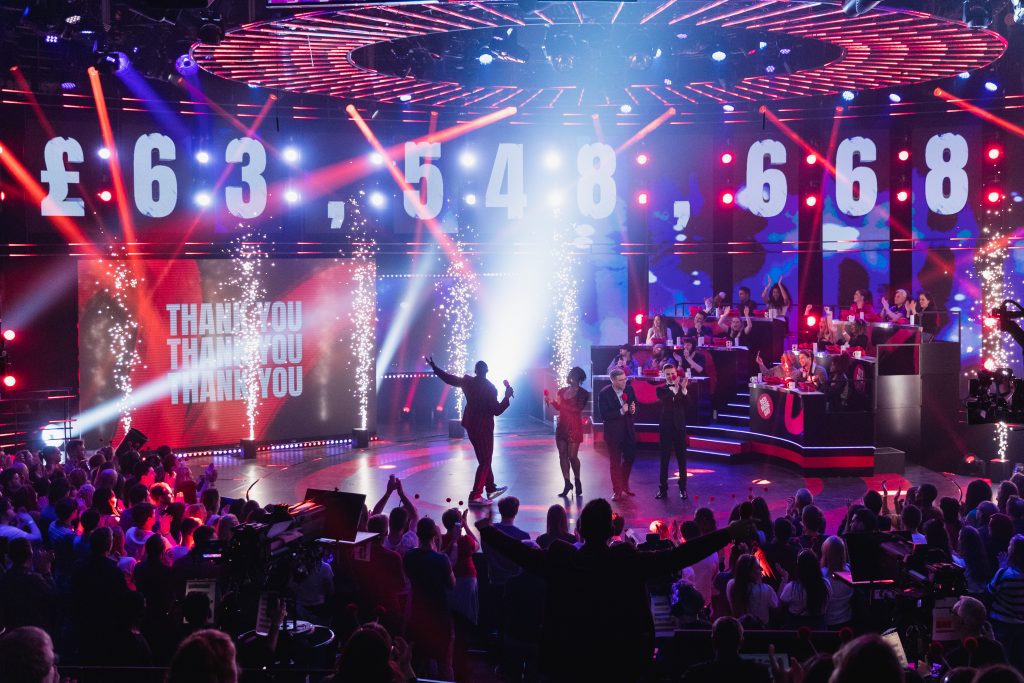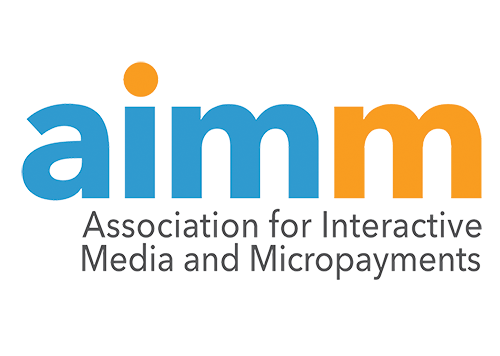
Mobile payments company Fonix has announced that this year it processed mobile donations for Comic Relief for the 5th year running, raising more than £10.6m via text-to-donate. Comic Relief’s Red Nose Day campaign is a biennial campaign hosted by the BBC, raising money to help people in the UK and across the world to live happier, healthier, safer lives.
This year’s campaign featured the live show, held on Friday 15th March, as well as a series of driver programmes. Each of these shows promoted text-to-donate, which allowed donors to donate via text at a range of price points: £5, £10, £20 and, for the first time for Comic Relief, £30 amounts for both the live show and the Kilimanjaro challenge during which 9 celebrities climbed Africa’s highest mountain. Donations were added to entrants’ mobile phone bills, allowing for a seamless, easy payment.
During the live show and the Kilimanjaro climb, the money raised from the £30 price point alone accounted for over 30% of the total raised via SMS.
Another new initiative for the 2019 campaign was the introduction of a competition which enabled viewers to donate or to opt-out of a donation whilst entering the competition. This was featured on BBC’s Saturday Kitchen and was the first time that the charity launched a competition to drive donations.
Entrants paid £5 to enter and be in with a chance of winning a unique dining experience, cooked for them by celebrity chefs. Using Fonix’s delayed donation technology, entrants had the opportunity to opt-out without being charged within 60 minutes of entering the competition.
Clare Charles, Account Director for Media and Charity at Fonix commented:
“We’re proud to have supported Comic Relief in powering mobile donations for the fifth year in a row. We’ve come so far since 2014, as we now work with the charity to provide a total of four price points and we’re also constantly innovating to allow the charity to roll out new features. The delayed donation, for example, raised a tremendous £576,250 across four prize draws via text.”
Catherine Cottrell, Executive Director of Fundraising & Partnerships at Comic Relief added:
“It’s been exciting working with Fonix to offer new experiences and donation mechanisms to supporters and we are delighted that year’s campaign was such a success.”








